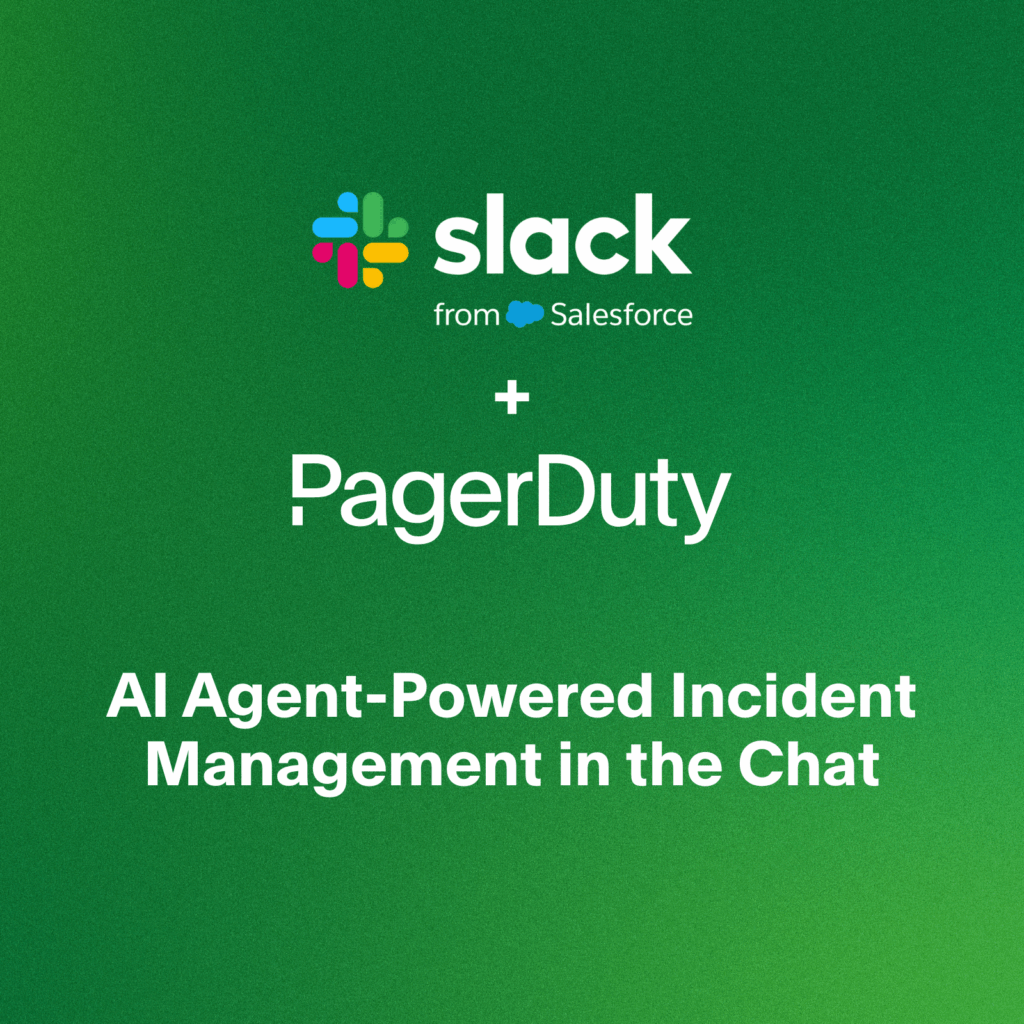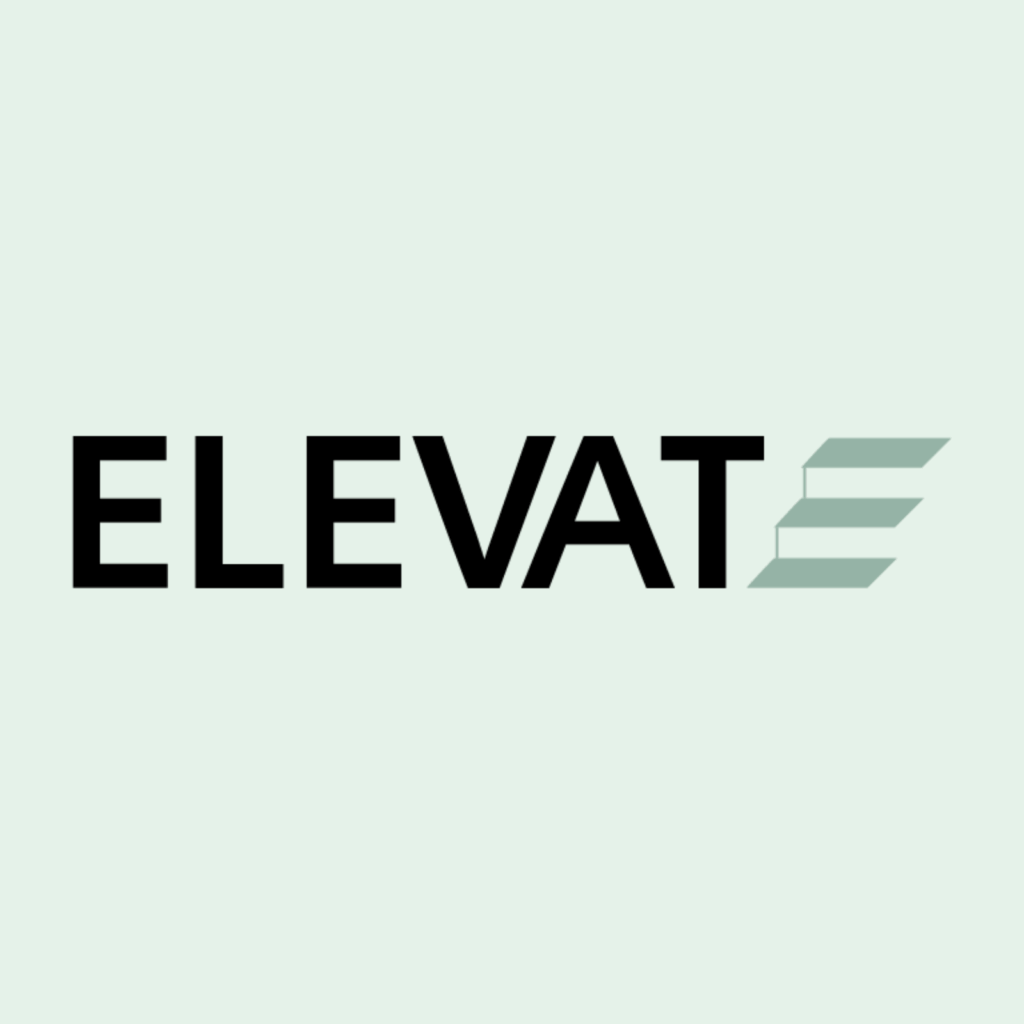- PagerDuty /
- Blog /
- Best Practices & Insights /
- Experiencing Turbulence? Hypercare Helps Travel and Hospitality Firms Manage Sky-High Demand
Blog
Experiencing Turbulence? Hypercare Helps Travel and Hospitality Firms Manage Sky-High Demand
Many sectors suffered during the COVID-19 pandemic, but the travel and hospitality industry was struck particularly hard as the world went into lockdown and governments urged us to stay home. According to the International Air Transport Association, global air passenger demand in 2020 was down a record 65.9% from the previous year, and the tourism industry saw an estimated loss of 100.8 million jobs worldwide.
However, as vaccination programs roll out and countries loosen restrictions, there are indications that demand for travel is rising around the globe. Travel within the US over the Fourth of July holiday was close to pre-pandemic levels, according to AAA estimates. Across the EU, residents are also gearing up for summer vacation using Digital COVID Certificates, and options for UK travelers are increasing since the British government added countries to its green travel list.
As the world starts to open back up, we’re also seeing strong investments in digital technology continue to rise across the sector. Despite the abrupt decrease in business, transformation projects didn’t slow down. In fact, some companies even accelerated projects in 2020, seizing the opportunity of minimal risk to revenue to undertake complex platform migrations that would normally be implemented incrementally over the span of years. At a recent conference, United Airlines CEO Scott Kirby said, “…we basically stopped every investment at the company—except for technology investments.”
As we enter this new era of travel, many companies are also developing solutions to provide the contactless and socially distanced experiences the 2021 traveler now requires. This could include innovations such as more app-led experiences. For example, apps can handle the hotel check-in and check-out process, removing any opportunities for in-person contact. Research found that 80% of travelers would use such an app.
As the emphasis on developing digital solutions grows—combined with the rise in customer demand that the industry expects to see—it’s vital that companies invest in measures now to ensure digital systems can handle the pressure. In other words, the travel sector needs hypercare.
Mitigate Anticipated Traffic Surges with Hypercare
At PagerDuty, we describe hypercare as the state of elevated support required to maintain system availability and performance during periods of expected surges in traffic. Hypercare is about planning support in advance rather than reacting to an unanticipated event. After all, no one wants to be blindsided by technical issues discovered by customers that could have been avoided with proper preparation.
So how do you implement hypercare? There’s no one way to do it, but here are four key concepts to consider:
Implement a Code Freeze
A code freeze ensures that there are no changes being introduced close to and on the day of peak traffic periods. The only changes that should happen are those related to resolving incidents, or customer-impacting or revenue-impacting problems. One tip for doing this effectively is to use change events to track implemented changes, which can help ensure the code freeze procedure is being followed. You can also use this to track changes happening during peak hours.
Document and Practice Major Incident Processes
A key part of hypercare is laying the groundwork so that on-call team members are prepared to be on call. It’s critical to make sure everyone is familiar with incident management processes and how to engage with and stay connected to other teams. Conducting mock incident response scenarios or “game days” can help teams practice internal processes for resolving major incidents. With PagerDuty, you can leverage response plays to quickly engage with other teams. Using an on-call readiness report can help ensure that users’ profiles are properly configured for on-call responsiveness.
Set Up Proper Observability
Observability ensures all the right data is in one place. Logging, monitoring, metrics, and tracing help maintain desired levels of performance, and Event Intelligence reduces noise so responders are not overwhelmed with incidents. Setting up dashboards helps incident managers alert stakeholders and update the organization on outages, service performance degradation, and the steps being taken to mitigate them.
Load Test, Capacity, and Chaos Plan
Chaos engineering involves running experiments, ideally in production, to test systems and processes against turbulent conditions. Key objectives of the exercise include establishing a baseline of what “good” is and making sure that capacity exists to handle the expected peak demand. If you’re just getting started with chaos engineering, using dummy services and running experiments against them is a great way to train teams to respond effectively to alerts, practice what-if scenarios, and find ways to improve processes before they happen in real time. Testing escalation policies is particularly helpful if you operate multiple and interconnected product lines or have global teams working in different time zones. If you are unfamiliar with running these types of experiments, you can find out more about chaos engineering on our blog.
These are just a few of the tactics included in this Hypercare Readiness Checklist, specifically designed to help you to document these actions and track your progress as you adapt to changing circumstances. This is particularly important for the travel and hospitality sector in a time when restrictions and regulations around COVID-19 “hot spots” can shift at short notice.
Prepare in Advance for Real-Time Digital Operations Management
As the world steps into this new normal, the coming months are likely to give travel businesses a much-needed boost. PagerDuty’s digital operations platform can support you in planning for potential traffic spikes and help you manage incidents in real time—while keeping your services always on and your customers happy.
Prepare for your hypercare scenario by downloading your copy of our Hypercare Readiness Checklist. Try a 14-day free trial today to learn how PagerDuty can help your organization manage sky-high demand this summer.


